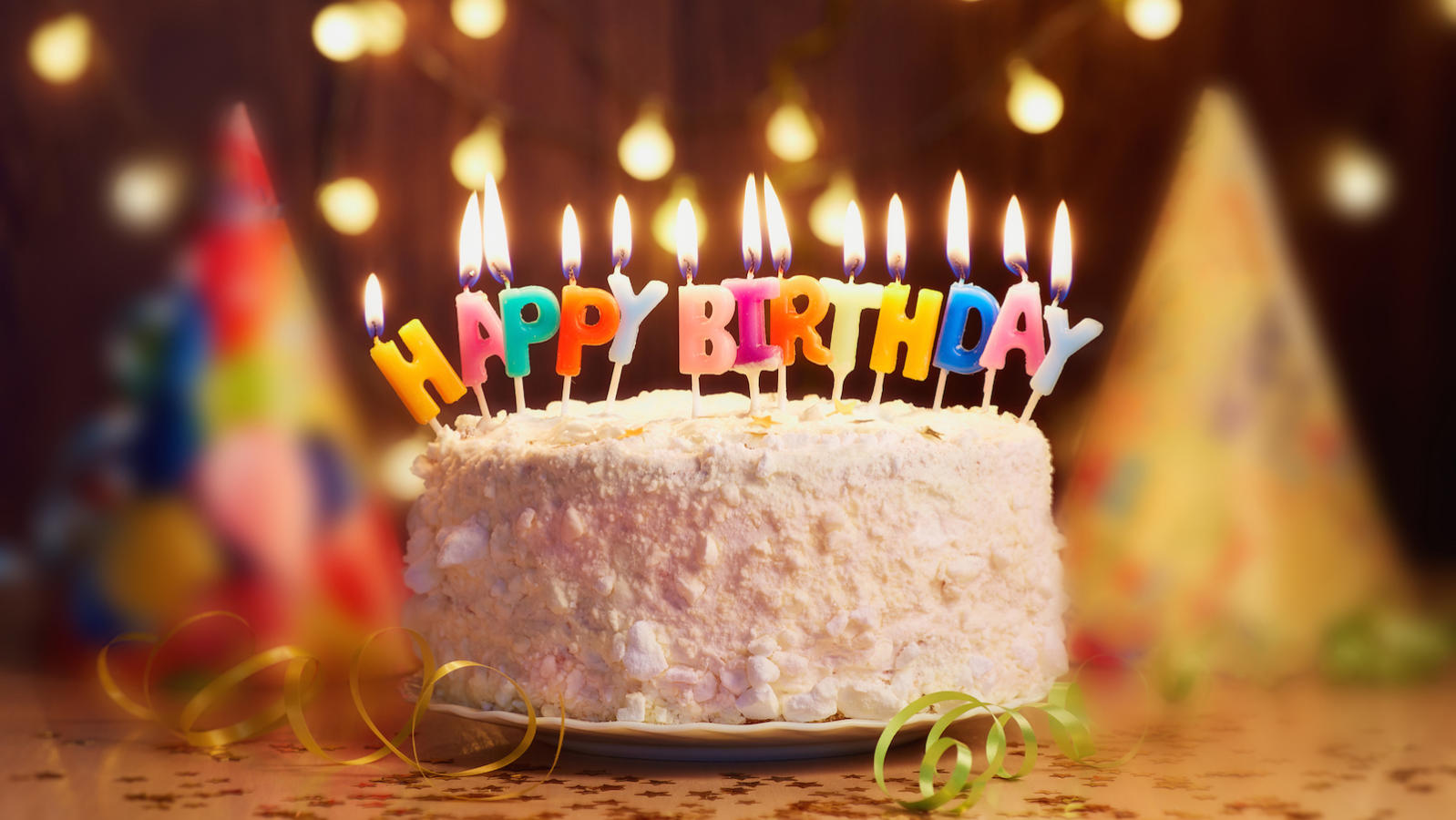Perhaps because the Jewish calendar is so crowded with holidays — many of which last for multiple days — Judaism has little to say about birthdays. However, there is certainly no Jewish objection to celebrating one’s birthday, whether when it falls on the Hebrew calendar, the Gregorian calendar or both.
A number of Jewish traditions are associated with marking special birthdays, such as the second or third birthday, when parents traditionally marked a child’s weaning. The Bible mentions Abraham hosting a feast to celebrate Isaac’s weaning (Genesis 21:8).
Other special birthdays include turning 3, when many traditional Jews cut a son’s hair for the first time — a practice referred to as upsheren — and 13, the age of bar/bat mitzvah. (Traditionally, many girls marked their bat mitzvah at age 12.)
Pirke Avot (5:21) specifies several important birthdays as milestones of sorts:
With your help, My Jewish Learning can provide endless opportunities for learning, connection and discovery.
The age of five for the study of the Bible; then ten for the study of the Mishnah; 13 for the commandments; 15 for the study of Talmud; 18 for marriage; 20 for earning a living; 30 for power; 40 for understanding; 50 for giving advice; 60 for old age, seventy for grey hairs; 80 for special strength, 90 for bowed back; 100–it is as if he had died and passed away.
The Hasidic group Chabad encourages Jews to mark their Hebrew birthdays by having an aliyah (being called to the Torah), reading psalms (including the psalm number associated with their new age), reflecting on the past year and making a donation to tzedakah (charity).
Use the date converter below (remember to enter your birth year) to find your Hebrew birthday:
Mishnah
Pronounced: MISH-nuh, Origin: Hebrew, code of Jewish law compiled in the first centuries of the Common Era. Together with the Gemara, it makes up the Talmud.
Talmud
Pronounced: TALL-mud, Origin: Hebrew, the set of teachings and commentaries on the Torah that form the basis for Jewish law. Comprised of the Mishnah and the Gemara, it contains the opinions of thousands of rabbis from different periods in Jewish history.
aliyah
Pronounced: a-LEE-yuh for synagogue use, ah-lee-YAH for immigration to Israel, Origin: Hebrew, literally, "to go up." This can mean the honor of saying a blessing before and after the Torah reading during a worship service, or immigrating to Israel.
Hasidic
Pronounced: khah-SID-ik, Origin: Hebrew, a stream within ultra-Orthodox Judaism that grew out of an 18th-century mystical revival movement.
tzedakah
Pronounced: tzuh-DAH-kuh, Origin: Hebrew, from the Hebrew root for justice, charitable giving.



